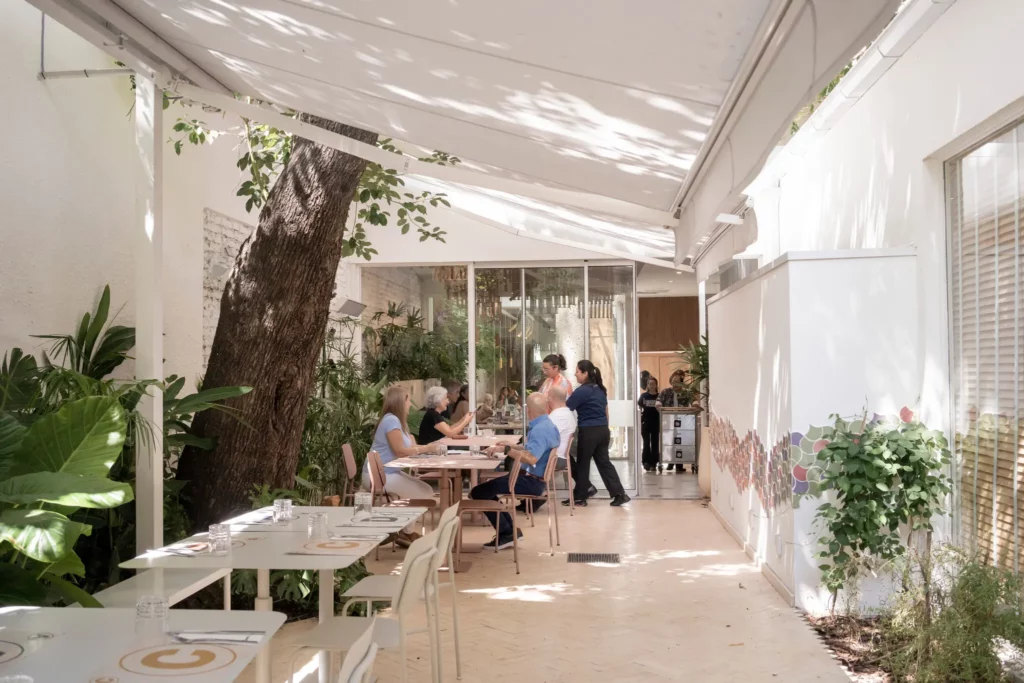A beloved restaurant in Buenos Aires thrives by embracing a team of workers with neurological differences, celebrating their unique talents and turning them into strengths.
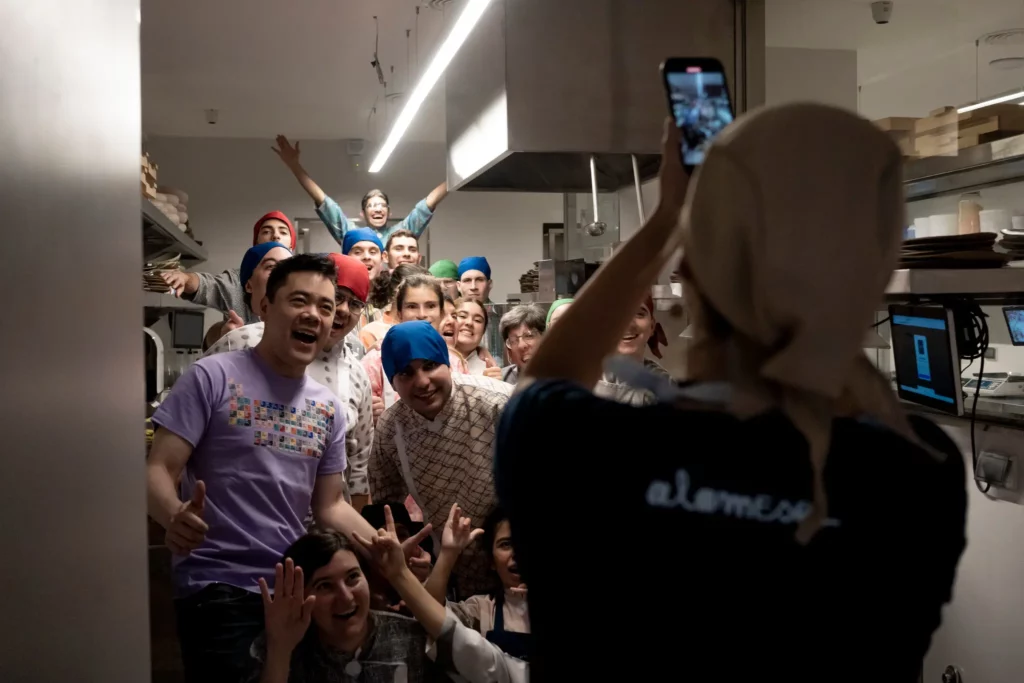
Nacho Fernández Suárez, 34, reflects on his eight years as an administrative assistant in Argentina’s Congress with a wince. As part of an inclusion program for people with disabilities, he faced bullying, mistreatment, and a lack of meaningful tasks. “They bullied me, they pushed me, they treated me poorly,” he shared, adding that the monotony of barely having work left him feeling undervalued.
Today, life looks very different for Mr. Fernández Suárez. He now thrives as part of the team at Alamesa, a popular restaurant in Buenos Aires, celebrated as Argentina’s first eatery predominantly operated by neurodivergent individuals. Alamesa is redefining workplace inclusion, creating meaningful opportunities for those who often face uncertain employment prospects after completing their education.
Despite earning only about one-third of what he made as an assistant, Mr. Fernández Suárez is overjoyed with his current role. His mother, Alejandra Ferrari, shared that he now “feels indispensable.” The inclusion program through which he was hired in Argentina’s Congress has since been dissolved, making his newfound sense of purpose at Alamesa even more meaningful.
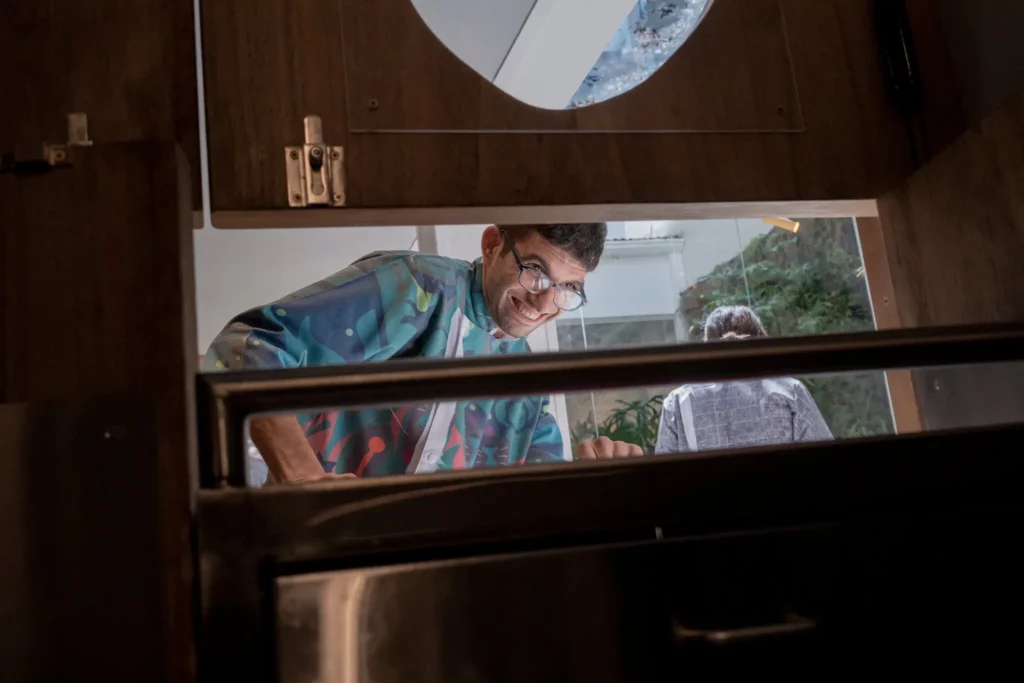
“When you go to work with a sense of purpose,” she shared, “it transforms your life.”
This profound realization inspired Dr. Fernando Polack, a distinguished pediatric infectious disease expert from Argentina, to launch Alamesa earlier this year. The initiative stemmed from his deeply personal mission to help his 26-year-old autistic daughter, Julia, achieve independence in a world often unaccommodating to her unique needs.
“I came to understand that the best way to take control of Julia’s future was to create opportunities for her — and that meant creating a job,” Dr. Polack explained. “So, I decided to make that job a reality myself.”
Using personal and family savings, he turned to the idea of opening a restaurant, a choice partly inspired by cherished childhood memories of gathering around the dinner table with his large extended family during festive holidays—a space that always felt safe and welcoming.
With a history of leading clinical trials for Pfizer’s Covid-19 vaccine in Argentina, Dr. Polack applied his extensive experience in methodical research and problem-solving to build a team of individuals with unconventional skills, redefining what a workplace could look like.
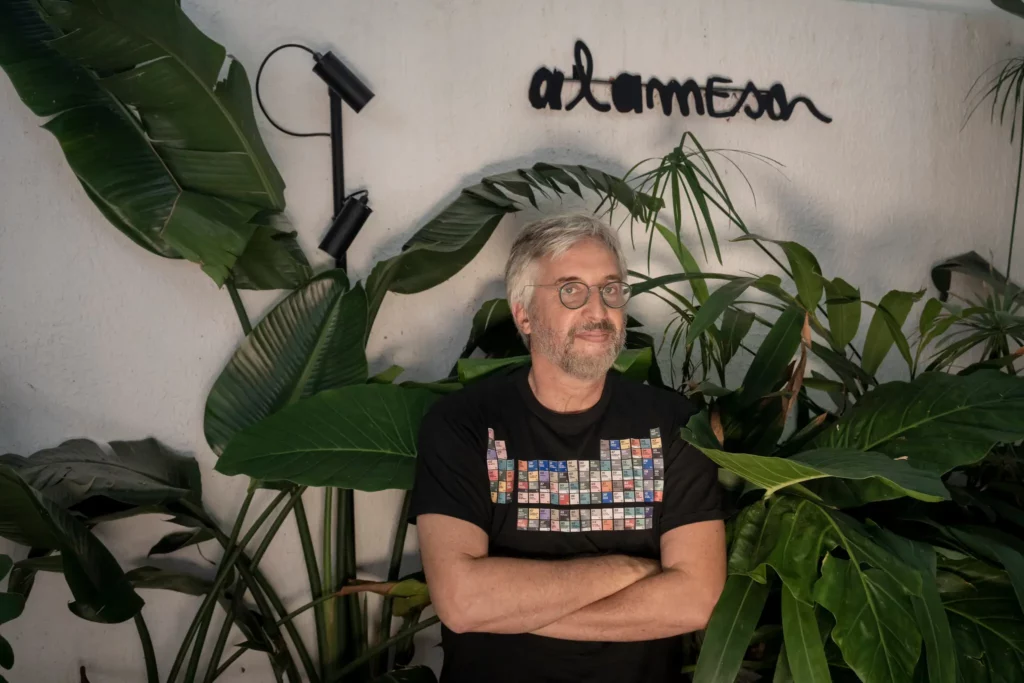
Julia was the restaurant’s first official hire, marking the beginning of a growing team. The staff gradually expanded to include other neurodivergent individuals whom Dr. Polack connected with through Julia and via word of mouth.
“Our mission centers on recognizing potential—that’s the essence of what we do,” Dr. Polack shared. “Understanding each person’s unique value and what they can contribute is at the heart of this venture.”
Sebastián Wainstein, Alamesa’s executive director in charge of daily operations, highlighted how the restaurant thrives on the diverse strengths of its neurodivergent team members.
Take Mr. Fernández Suárez, for instance. “He’s wonderfully chaotic, but such a vibrant personality,” Mr. Wainstein remarked. “He’s incredibly personable and excels in customer interactions.”
Among Alamesa’s 40 neurodivergent employees, Mr. Fernández Suárez stands out for his openness about his intellectual disability, which he attributes to contracting meningitis as a baby.
While most employees cannot articulate their disabilities, the restaurant does not require a diagnosis for employment, according to Mr. Wainstein.
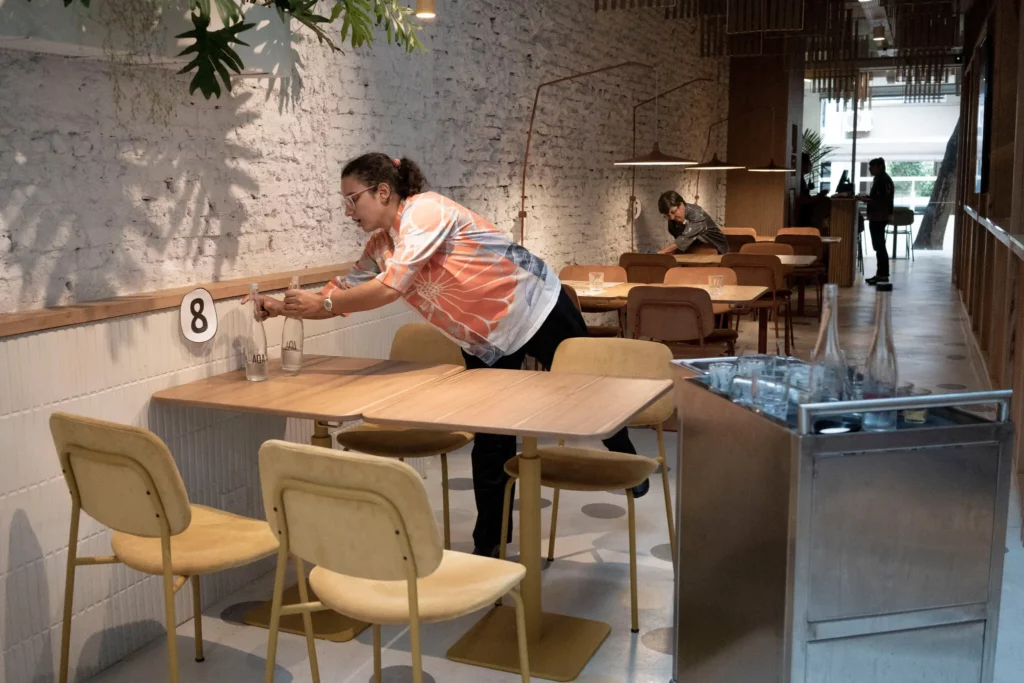
Juan Pablo Coppola, 27, describes himself as “different from the rest” and shares that he has spent his life feeling like a burden, largely due to what he refers to as his “extreme shyness.”
“At school, the bullying was relentless,” Mr. Coppola recalled, adding that his father frequently urged him “to be normal.” A few years ago, he learned he had Asperger’s syndrome.
When he joined Alamesa, the supportive environment took him by such surprise that he could barely talk during the car ride home with his mother. He did manage to express his amazement, saying he never expected to be treated “so well” by a group of people.
This experience stood in stark contrast to his time at a previous restaurant, where he worked as a bus boy and struggled to understand his responsibilities.
“They’d tell me to clean the bathrooms, and while I was doing that, they’d say, ‘Why are you here? You need to wash dishes,’” Mr. Coppola recounted. “It was driving me insane.”
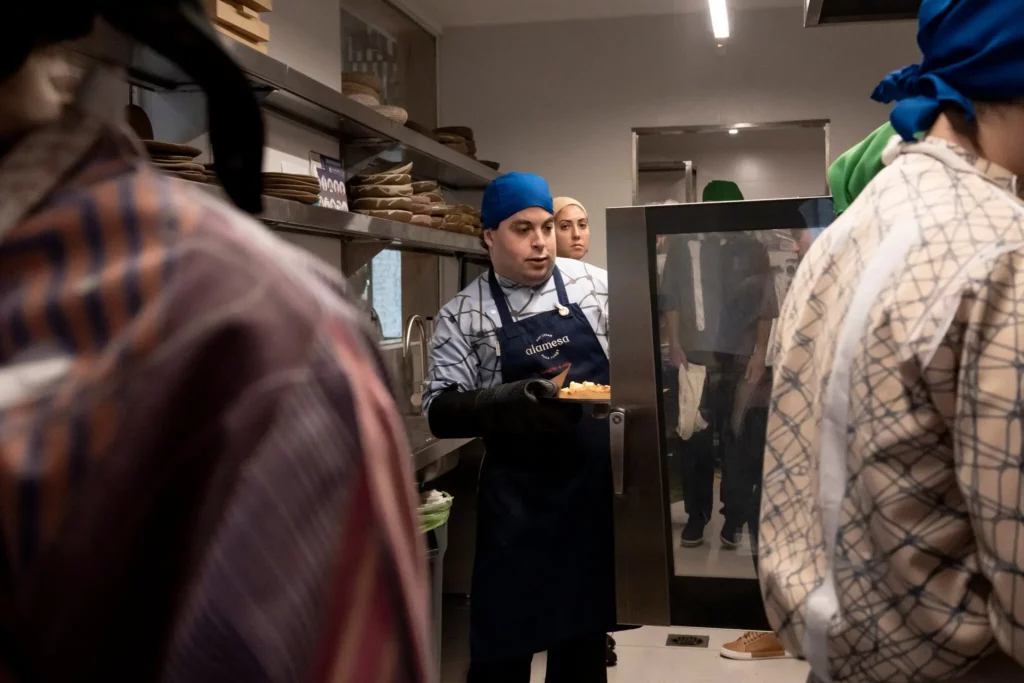
At Alamesa, none of the neurodivergent employees are assigned specific roles because the aim is for everyone to learn and perform all tasks.
Dr. Polack explains that Alamesa’s “real secret” lies in embracing each person’s unique strengths, challenging the “narcissistic notion” that neurotypical individuals are inherently “superior.”
“Alamesa rejects the idea that people with neurodivergence aspire to be like those without it,” Dr. Polack remarked.
Through this approach, the restaurant—recently featured in a documentary—has fostered a tight-knit community.
“We go to the movies, grab coffee, or enjoy bowling together,” shared Sofía Aguirre, 27, a neurodivergent employee.
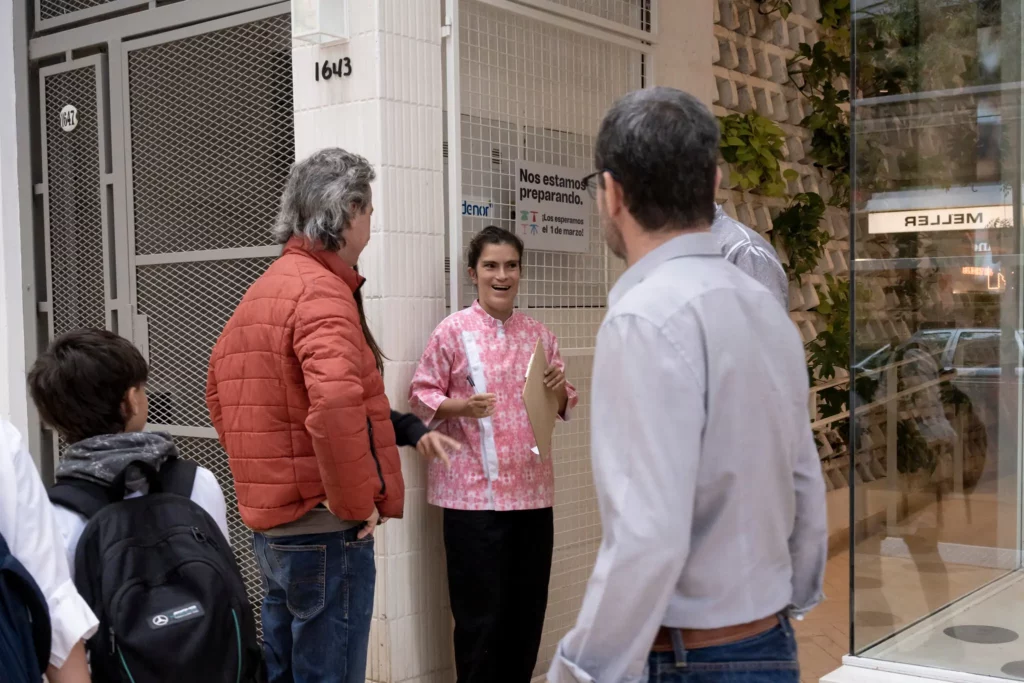
Tucked away in a bustling, upper-middle-class Buenos Aires neighborhood filled with shops and restaurants, Alamesa offers a tranquil retreat. The atmosphere is carefully curated, with soft music and soundproofed walls and ceilings that minimize echoes, catering to staff members who may be sensitive to loud or sudden noises—a common characteristic among individuals on the autism spectrum.
Open only for lunch, Alamesa features a state-of-the-art kitchen designed with safety and ease of use in mind. There are no knives, as all ingredients arrive pre-sliced, and no open flames—meals are prepared in advanced ovens that use hot air and steam.
To further support employees with reading challenges, the restaurant employs a color-coding system for ingredients, making it simple to match them to any of the 10 main courses or five desserts on the menu.
The menu itself is a vibrant mix of international flavors, offering options like pastrami sandwiches, salmon with panko breadcrumbs, and Moroccan chicken with couscous.
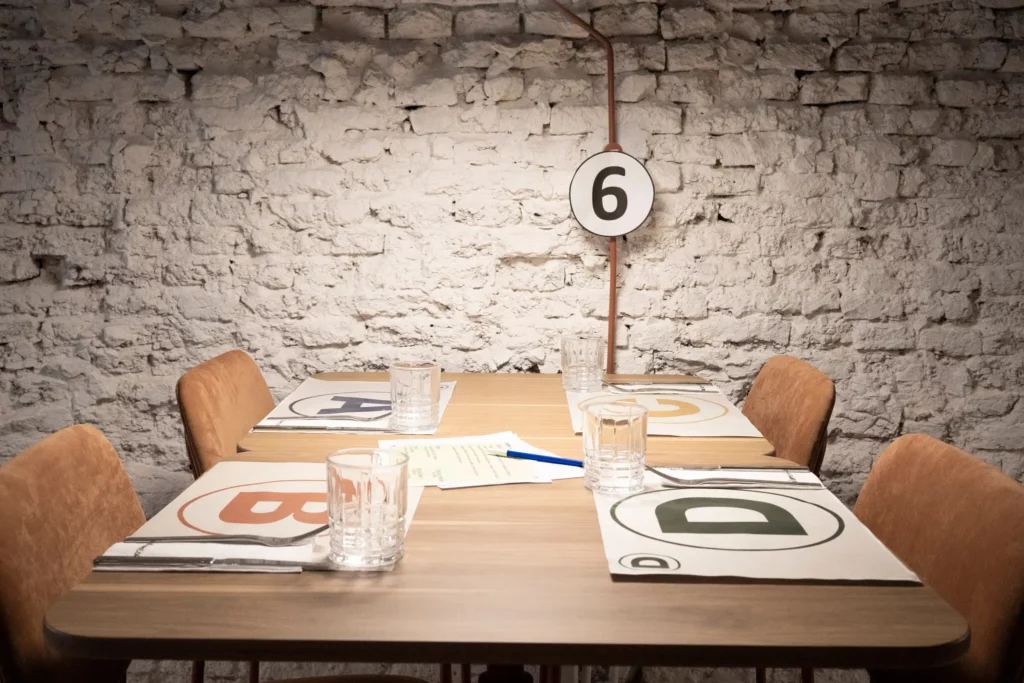
“At first, many people came because of the concept of an inclusive restaurant—the food was secondary,” said Mr. Wainstein. “Now, people are returning because they say, ‘Hey, I ate really well.’”
Alamesa employs about a dozen neurotypical workers, primarily psychology students or recent graduates from a nearby university, who provide support as needed. They assist in resolving interpersonal conflicts among neurodivergent staff and can recognize when someone needs a break due to fatigue.
Maintaining such a large staff presents challenges, yet Alamesa has managed to remain profitable, even amid Argentina’s challenging economic climate.
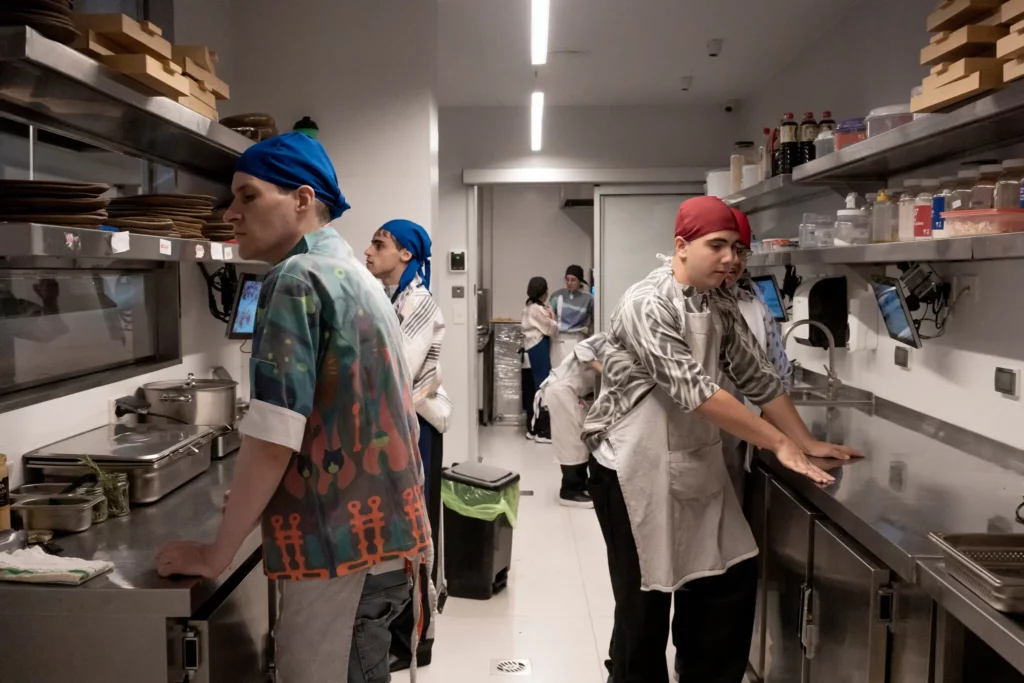
When Alamesa first opened, it garnered immense attention from the media and notable figures, including Pope Francis, a native of Argentina. In a heartfelt video message to the restaurant’s employees, the pontiff said, “I congratulate you on the work you do. Thank you because it is a contribution to society, a unique contribution, a creative contribution from each one of you.”
While the initial frenzy has calmed, the restaurant remains popular, and a reservation is often necessary. This can lead to challenging moments for Sofía Aguirre, who frequently acts as a hostess.
“Sometimes people beg, ‘Please let me in,’” she shared. “They can get persistent, and I have to keep saying, ‘Sorry, sorry, I apologize, there’s no room.’”
Although neurotypical employees still handle tasks like managing the cash register and coordinating with suppliers, they do so alongside neurodivergent coworkers, who are gradually learning to take over these responsibilities.
The ultimate vision is to make neurotypical roles unnecessary.
“Our idea was never utopian; it was always very practical,” said Mr. Wainstein. “One day, all neurotypicals will step aside, and they will take charge.”
